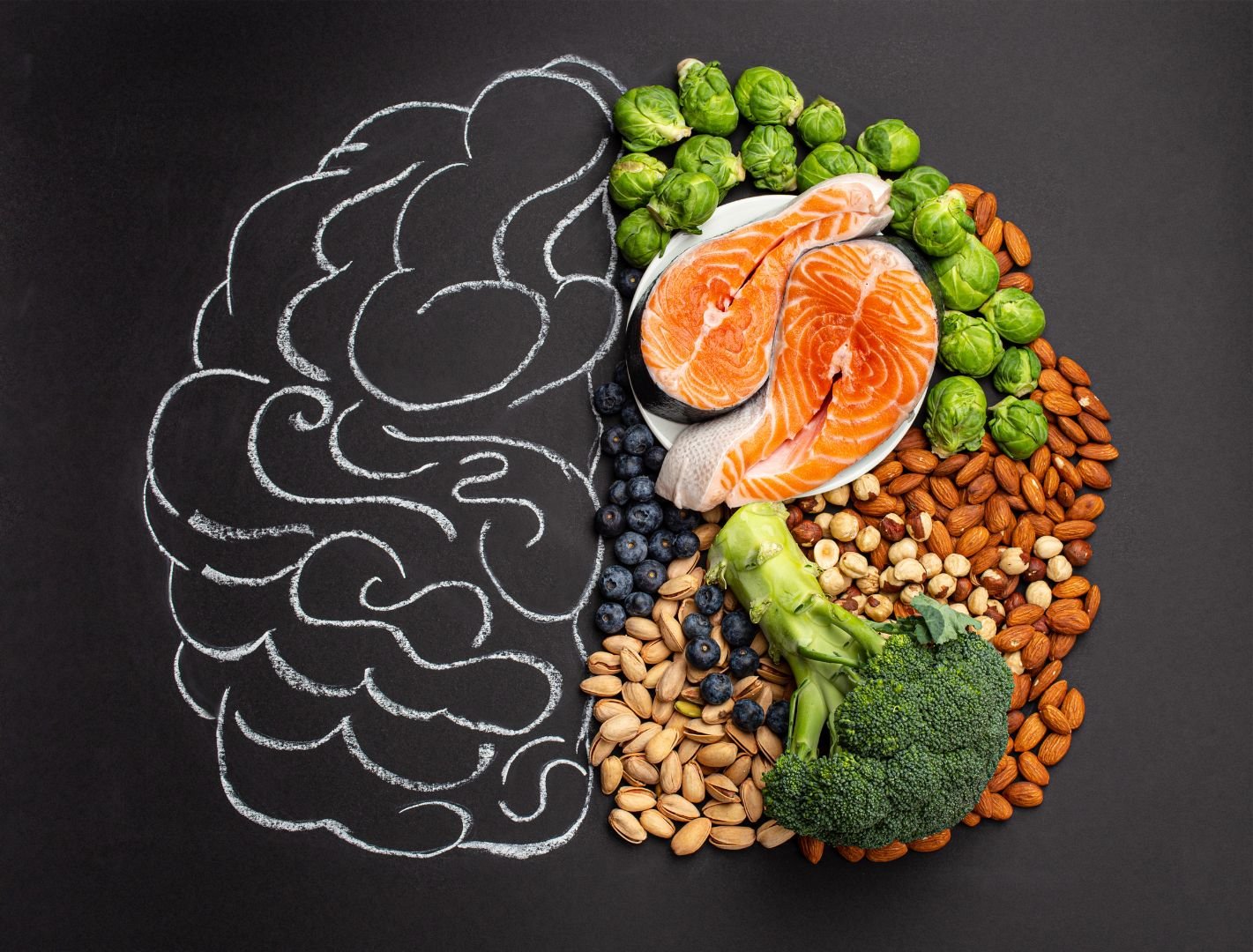And then the gut said to the brain…
We hear so much about the gut-brain connection and it can be a little unclear as to what that actually means. There is a lot to it but for the sake of not wanting to present you with a textbook length blog post, here is a little introduction.
Our understanding of this connection has increased significantly in recent years but there is still so much we are constantly learning. What we do know is that the gut and the brain communicate consistently, and mostly we are not conscious of their in-depth D&M’s. It’s a bi-directional relationship known as the ‘gut-brain axis’. This communication is directed by the vagus (vagal) nerve, signals from the enteric nervous system and the microbiome.
Our gut is lined with a ridiculous amount of nerve cells, more so than in the spinal cord - isn’t that mind blowing! The enteric nervous system is what is often referred to as ‘the second brain’ (I think it might be the real boss though). These trillions of nerve cells that make up the enteric nervous system rapidly and consistently communicate with the brain via the vagus nerve. The vagus nerve is the longest cranial nerve in the body and extends all the way up to the brain stem from the gut lining and crosses into multiple organs. It’s a super highway of signals that keeps the brain informed of what is happening with the organs as well as the huge responsibility in helping to regulate digestion, inflammation and immune responses. We know that this brain in our gut is playing a key role in certain diseases as well as mental health.
We now also know the gut microbiome plays an integral role in this process. The interaction between microbiome and the gut-brain axis involves signalling from brain to gut-microbiota and from gut-microbiota to brain via neural, endocrine and immune means and includes transmitter production like serotonin and dopamine that are essential to our mood. It’s no longer a surprise that inflammation in the gut as well as what we eat from day to day and our lifestyle choices affects our mood, how we feel and function via the gut-brain communication pathway. Unexplained gastrointestinal symptoms, often termed IBS (irritable bowel syndrome) has been associated with mood disorders such as anxiety and depression. Gut dysbiosis (out of balance gut bacteria populations) is commonly seen in people with diagnosed depression. There is a lot of research currently under way for specific strains of bacteria and psychobiotics to improve mood, stress response and overall cognitive health in humans.
There is also studies showing that the vagal nerve responds well therapeutically to activities like yoga, breath work, cold water immersion/contrast therapy, meditation and singing which can improve this communication between the gut and the brain. It can however, be affected negatively by chronic stress and/or trauma, lack of nutrition, toxins and other lifestyle factors, some that are obviously out of our control. It’s important though, through our daily habits that we do what we can to keep the lines of communication on point so we can thrive and live our best lives possible with the least amount of disease.
The research around the connection between the gut and the brain will provide some really exciting times ahead in how we can improve impaired digestion and other disease states as well as stress, mood and neural disorders through nutrition and lifestyle. A diverse range of whole real foods helping to create a healthy, well-nourished gut and robust microbiome can improve our sense of overall wellbeing which has knock on effects to every single aspect of our life.
Happy gut health,
Sarah Kate
